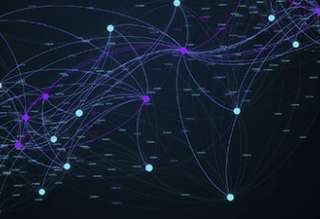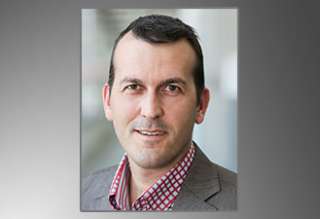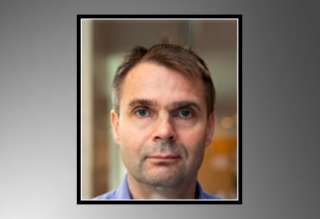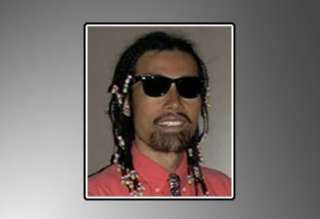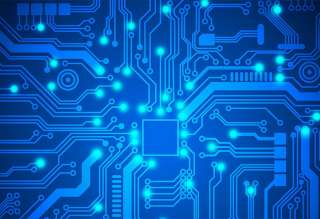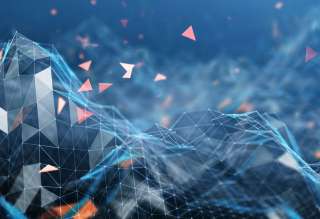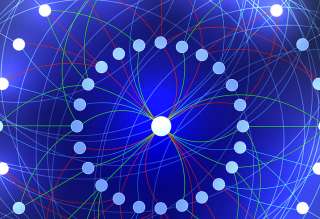SPS Feed
Top Reasons to Join SPS Today!
1. IEEE Signal Processing Magazine
2. Signal Processing Digital Library*
3. Inside Signal Processing Newsletter
4. SPS Resource Center
5. Career advancement & recognition
6. Discounts on conferences and publications
7. Professional networking
8. Communities for students, young professionals, and women
9. Volunteer opportunities
10. Coming soon! PDH/CEU credits
Click here to learn more.
The Latest News, Articles, and Events in Signal Processing
Date: 9 November 2022
Time: 9:30 AM ET (New York Time)
Title: Neural Spectrospatial Filter
Registration | Full webinar details
Lecture Date: December 9, 2022
Chapter: IEEE Communication and Signal Processing Joint Jordan Chapter
Chapter Chair: Sami Aldalahmeh
Topic: Graph Signal Processing to Quantify Brain Structure-Function Coupling
Lecture Date: September 29, 2022
Chapter: Chicago, IL
Chapter Chair: Mojtaba Soltanalian
Title: Integrated Sensing and Communication Systems: Waveform Design, Reinforcement Learning and Signal Processing Advances
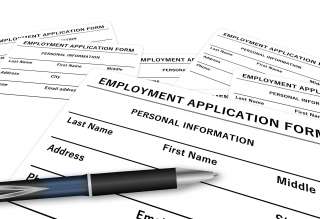
Tufts University has an opening for a post-doctoral researcher to engage in a cross-cutting project focusing on the development of and use of Natural Language Processing (NLP) for social sciences applications. Recent advances, starting with the now classical word2vec approach to models built using attention and transformer networks such as BERT and GTP3 have shown tremendous potential for natural language modeling and automated interpretation.
Date: September 28, 2022
Chapter: Canadian Atlantic Chapter
Chapter Chair: Christopher J. Whitt
Title: What i wish i knew when i was an entry level engineer
Date: October 10, 2022
Time: 9:00 AM ET (New York Time)
Title: Media Forensics and DeepFakes: An Overview
Registration | Full webinar details
This past May marked the beginning of our return to face-to-face events after almost three years of pandemic-forced virtual-only interactions. The first attempt was the 2022 ICASSP! Planning for large international events in the era of postpandemic uncertainty is not an easy undertaking. Of course, signal processing is all about dealing with uncertainty—and who would be better at planning than IEEE Signal Processing Society (SPS) people?
Designing a perfect filter (i.e., flat passband, sharp transition band, and highly suppressed stopband) is always the goal of digital signal processing practitioners. This goal is reachable if we make no consideration of implementation complexity. In other words, the challenge of designing a high-performance filter is to leverage the distortion tradeoff in the passband, transition band, and stopband.
Fourier theory is the backbone of signal processing (SP) and communication engineering. It has been widely used in almost all branches of science and engineering in numerous applications since its inception. However, Fourier representations such as Fourier series (FS) and Fourier transform (FT) may not exist for some signals that fail to fulfill a predefined set of Dirichlet conditions (DCs).
In separate projects, research teams based in Spain and Germany are using signal processing to help develop new ways of creating distortion-free brain imaging and detecting deceptively fake photographic images.
Pages
SPS Social Media
- IEEE SPS Facebook Page https://www.facebook.com/ieeeSPS
- IEEE SPS X Page https://x.com/IEEEsps
- IEEE SPS Instagram Page https://www.instagram.com/ieeesps/?hl=en
- IEEE SPS LinkedIn Page https://www.linkedin.com/company/ieeesps/
- IEEE SPS YouTube Channel https://www.youtube.com/ieeeSPS






